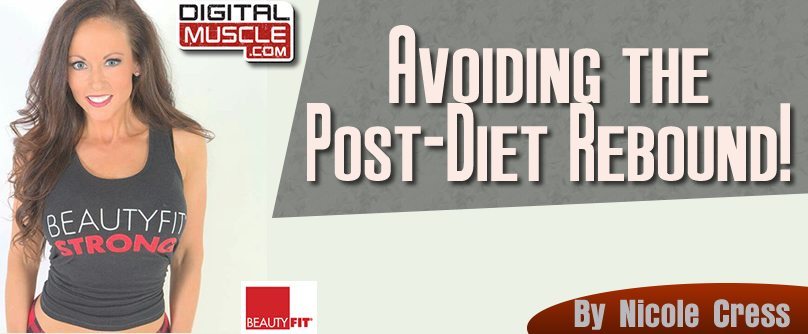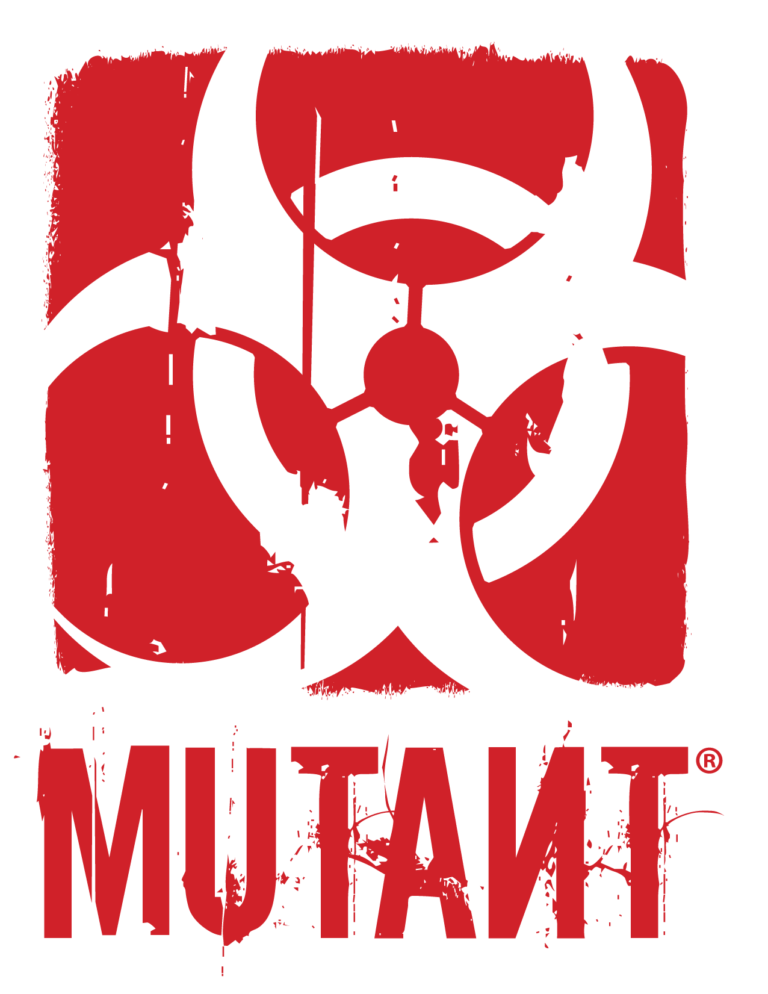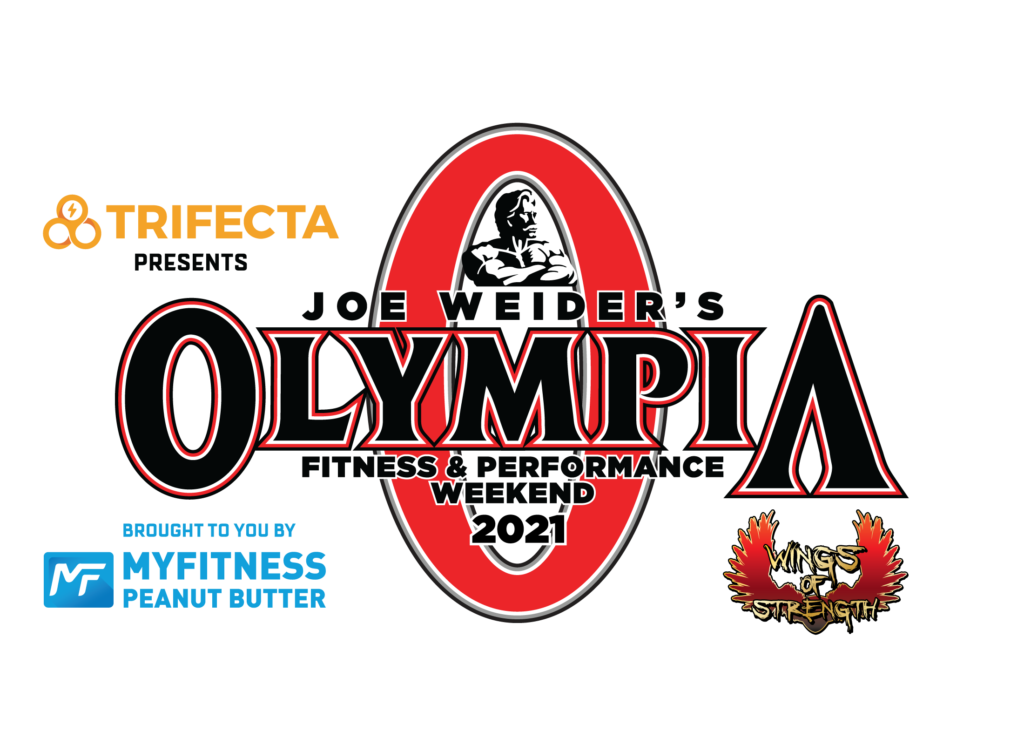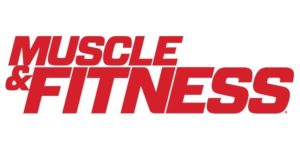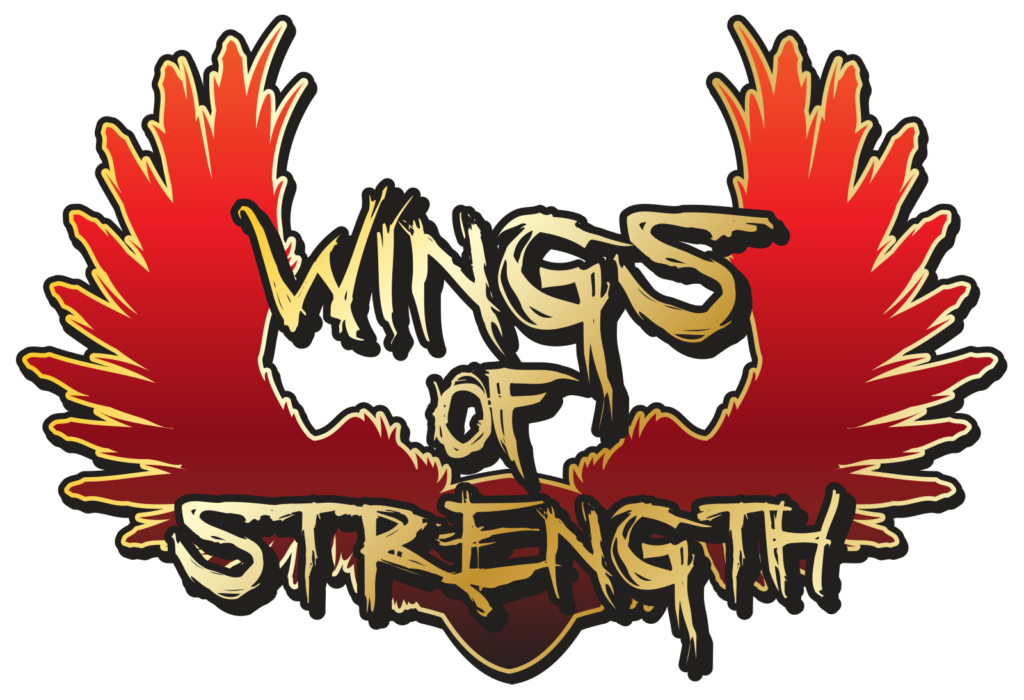By Nicole Cress
The Beauty Blog
My first competition was in March 2004, in the figure division. I was a personal trainer at the time; however, I didn’t have a coach or any real knowledge of what competition prep entailed. I did an Internet search and took advice from bodybuilders at my gym. I found a cookie-cutter diet and did hours of cardio. That, unfortunately, was the route that I took to get what I perceived at the time to be stage ready. What was I thinking?
If you’re getting started in competition, I highly recommend that you hire a qualified coach to guide you. I look at that first contest as a learning experience. Having gone through it enables me to help my clients now. I made several mistakes during that prep, and my body responded negatively after the show, definitely rebounding.
By September, I was at my heaviest weight and had gained 22 pounds. I am only 5’2, and to say that I was uncomfortable would be an understatement. Concerned, I went to my doctor for blood work and a full metabolic profile to check my thyroid and adrenals. At the time, I had no concept of reverse dieting. I thought that as long as I ate healthfully, with moderate-sized portions, after the show, I would be fine. I didn’t realize that the long-term carb deprivation, extreme caloric deficit, and long steady-state cardio sessions were not going to allow a smooth transition back to what was once normal.
Technically, I didn’t have metabolic damage, but I did have compromised metabolic function. It’s inevitable when you restrict your calories for an extended period of time. When things stall and you are no longer losing weight, you think the logical next step is to eat less and do more. That couldn’t be further from the truth. It’s a road that will lead you nowhere fast!
Having learned from my mistakes is what has made me a better and successful coach today. Now I understand the reason for incorporating spike meals and calorie increases during a relative calorie-deficit period and making sure I never reach an extreme deficit during a fat-loss phase.
If you feel that your metabolic function has been compromised, you’ll have to accept that it takes time to repair. In my opinion, it takes double the length of time that you were in your dieting phase—or longer—to repair the damage, depending on the disruption that was caused and your metabolic-resilience level. That goes for someone who’s not a competitor but has engaged in yo-yo dieting for years and is finding it harder and harder to get the weight off. You feel that no matter what you do, you can’t lose the fat. That requires even more patience because you have to allow your body to respond the way it wants and not try to force it, as it will more than likely respond negatively to that.
Whether you’re a competitor or just trying to get the weight off and keep it off, you have to incorporate proper reverse dieting as well as avoid going to dieting extremes in the first place so you optimize long-term progress. You must increase your calories and your carbohydrate and fat intake with the goal of balancing your hormones as much as possible. That said, it’s also important that you can be okay with a little weight gain. How much? It’s very individual. I’m not suggesting that you will experience a rebound the way I did, but it is unrealistic to think that you’re going to maintain a stage-ready physique as if you were competing year-round. There are always exceptions, but you need to know that those who can do it are not the norm.
There will always be genetically elite individuals, and it’s not fair to compare yourself to them. One of the subjects I’m passionate about is educating women to feed their bodies. If you want to encourage a more effective metabolism, you have to be willing to eat more and, potentially, more frequently. The amount will vary from person to person, as everyone has a caloric, metabolic ceiling; the key is to fuel your body consistently.
The next step is to decrease the amount of cardio you were doing during your prep—or in your everyday life. I am not against cardio for heart health; I am just advocating using it more when you’re in a weight-loss mode so that it is more effective. Now you want to focus on strength training and building muscle. That’s the only thing that will increase your resting metabolic rate. You have to be willing to look at the larger, long-term picture. Marathon-session cardio is just not needed, and you may be doing more harm than good.
After my first post-contest experience, I swore off competing altogether. It took me a good year and a half to improve my metabolism. The good news is that it can be done—with patience and a willingness to put the scale and the mirror aside and focus on doing what’s best for your health. You can’t pinball from diet to diet expecting improvement. You have to be willing to take the time to heal.
In my opinion, I look better onstage now than I did that day. I don’t lose the weight and get to my low point overnight. Learning how to do that took several years of creating new set points. It also took consistency and treating my body well. Once I learned that there was a better approach to prep, I was ready to compete again. I finally did in 2010, in the bikini division, which is more suitable for my structure and the amount of muscle I have.
Let me repeat the timeline: my first show was in 2004, and I didn’t step on stage again until 2010. I’m very grateful to my husband, who gave me proper strength-training and taught me to do very little cardio in the improvement season and add it during contest prep.
If you are struggling, stop judging yourself and beating yourself up over the weight gain. For me, the transformation started with the decision to do what it took to feel good, regardless of what the scale said or my pants size. If you can learn to love yourself at whatever place you’re at in your journey, you’ll get to where you want to be—I promise you.
Nicole Cress is a health and wellness coach and the co-owner (with her husband, Allen Cress) of Maximum Performance Training, where she helps others reach their fitness goals through online coaching. She holds a degree in exercise science from Transylvania University and advocates living a balanced lifestyle, guiding her clients to focus on being whole and well in mind, body and spirit. A national-level bikini competitor who has been competing since 2010, Nicole is also a Team BeautyFit-sponsored athlete with a mission to help women feel beautiful inside and out.
Visit the Beauty Blog by BeautyFit for more great insight!!!
The Beauty Blog – presented by BeautyFit Nutrition, features various contributors provided by members of Team BeautyFit. Topics are focused on training, nutrition and supplementation – geared specifically to women!

